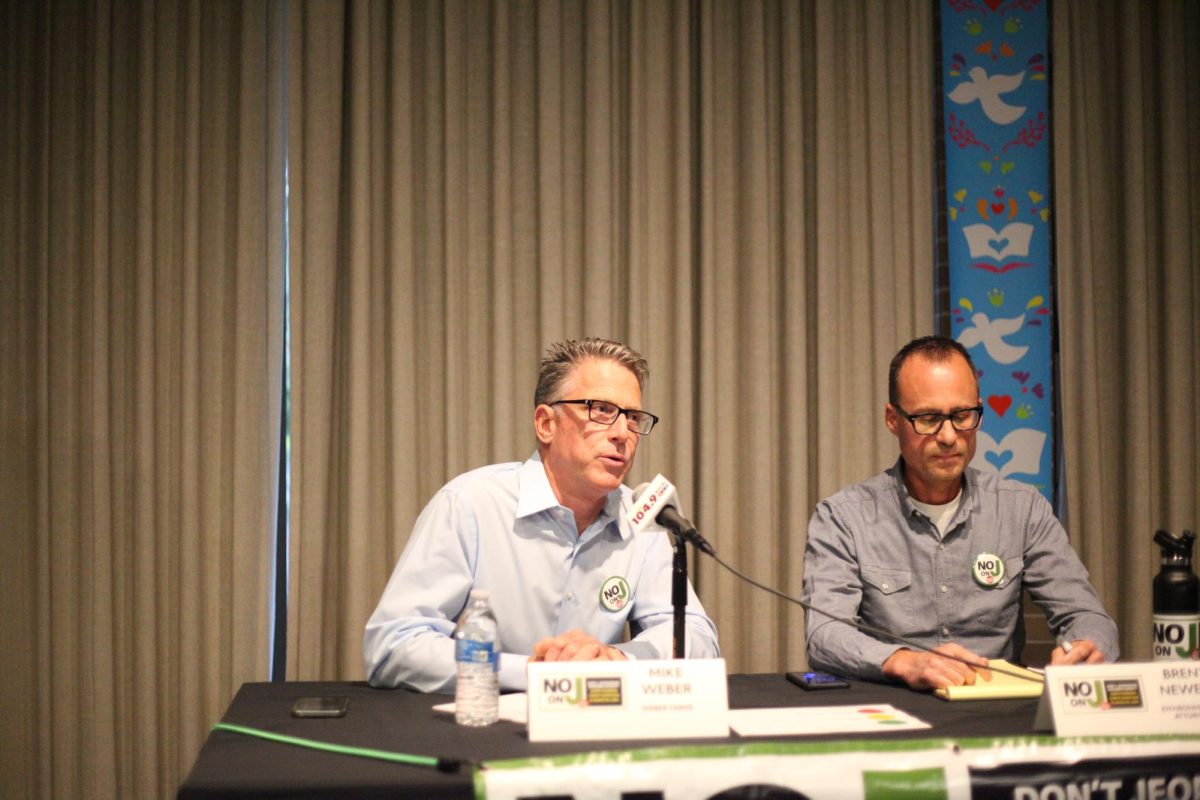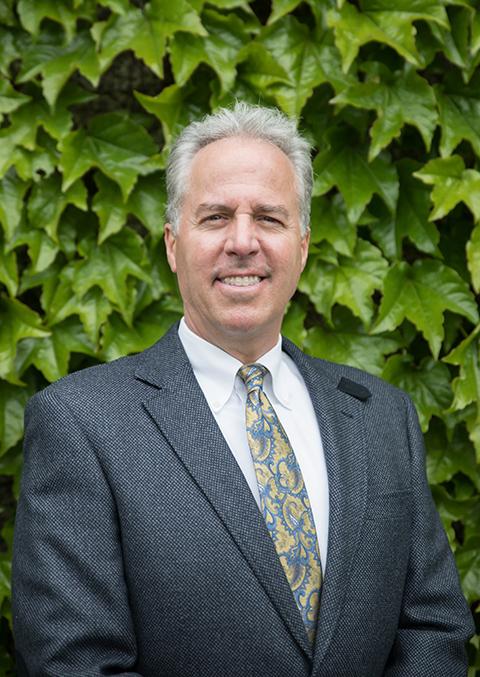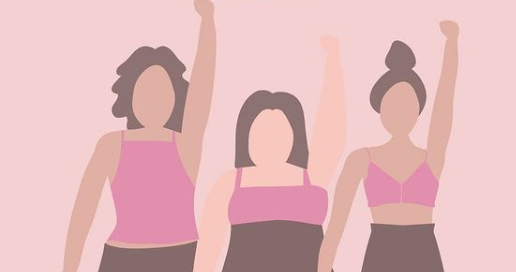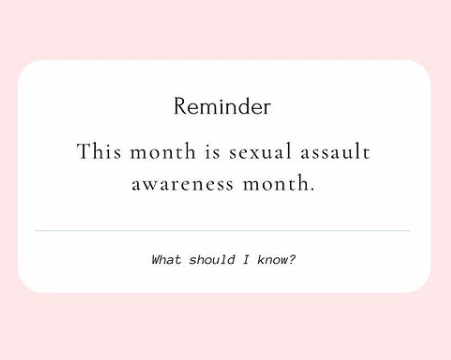According to RAINN, the largest anti-abuse organization in the U.S., an American is sexually assaulted every 73 seconds. This shocking statistic highlights the disturbing reality of abuse and rape in this country–and for too many young people, this topic is close to home.
April of 2021 is the 20th anniversary of Sexual Assault Awareness Month, which aims to bring more attention to the growing issue of sexual harassment and violence. College students, especially young women between the ages of 18 and 24, are at a higher risk of being assaulted than other people. Women in their first semester or trimester are most at risk, according to statistics collected for the Journal of American College Health.
Unfortunately, Sonoma County is no stranger to assault cases. Dominic Foppoli, the mayor of the city of Windsor, has been accused of rape and harassment by multiple women between the years of 2003 and 2019. The San Francisco Chronicle reports that other mayors throughout Sonoma County have demanded that he resign, and the police have launched an investigation. The disturbing reality is that many people in power have a history of committing sexual harassment and assault, and continue to be successful. Foppoli has received massive backlash due to the allegations, but his official title remains at this time, and he has refused to resign. This story coming out from our own county proves that harassment can happen anywhere, by anyone—even those we want to trust and look up to as leaders.
Sonoma State University has had numerous assaults on campus over the years, and often, the college has struggled to inform students of these crimes. According to the 2020 Annual Security Report, there were 10 rapes in 2017, 13 in 2018, and 16 in 2019. These numbers are likely lower than the actual number of rapes, because only about 18% to 35% of assaults are reported, states the US Bureau of Justice Statistics. It is concerning that these statistics are getting higher, and only the 2021 Annual Security Report will tell if numbers have continued to rise. The University Police did not get back in time to share the numbers for 2020 and 2021.
There are many reasons why assault cases might be rising, or remaining high. Because of the COVID-19 pandemic, more individuals are stuck at home with potential abusers. According to Women’s Law, 34% of women have been assaulted within a relationship. Many might assume that rape can only occur by a stranger at a party or in a parking garage, but the number of people who are sexually abused within romantic partnerships is substantial. It is important to understand that assault can occur in a multitude of situations, not just what one might see in a film or tv show.
Even if someone is able to come forward, backlash can follow. The #MeToo movement itself has faced massive criticism since its creation in 2017, showcasing the blatant misogyny in society, and the inability for many to believe survivors. Often when people come out with their stories, they are pushed to the side and referred to as liars, or are accused of only bringing up their story for attention. The reality is, so many individuals struggle to understand that what happened to them is harassment or assault—therefore, it might take a long time for someone to share what happened to them. Any form of harassment is incredibly traumatizing, and talking about it can often make it feel more real, and cause someone to relive their experience. Survivors should share their stories when they feel comfortable and when they are ready, and the community should be supportive and understanding.
Those against the #MeToo movement comment on how false allegations run rampant, though statistics show otherwise. The amount of false allegations are incredibly low—studies show that it is between 2% and 10%. According to BBC, “false rape allegations very rarely lead to convictions or wrongful jail time…the number of rapes and sexual assaults which are never reported or prosecuted far outweighs the number of men convicted of rape because of fake allegations.” Statistically, if someone comes out with their story, it is likely true.
College culture can contribute to these numbers being high. Dating apps where someone can meet a total stranger a few miles away can put people into uncomfortable or dangerous situations, and young people are usually the individuals on these apps. Drinking and drug use can encourage rape culture among college kids, and the trope of “loosening someone up” to try and have sex with them is much too common. “No means no” has been a big conversation on college campuses, though it is important to understand that coercion isn’t consent either—someone being unsure or hesitant before sexual activity doesn’t mean that they are consenting.
The NSVRC states that 1 in 5 women and 1 in 71 men have been raped in the United States. These numbers are far too high, and the true number of individuals who have been harassed is unknown, and likely much higher—whether they have been catcalled, groped, filmed or photographed without consent, stalked, etc. Young people, especially college women, are at a higher risk of being assaulted, and unfortunately, numbers continue to rise, with those in power having allegations as well.
During Sexual Assault Awareness Month, it is crucial to listen to and support peers that come out with their stories, have conversations with loved ones about sexual assualt and harrassment, and remember that most women and many men, unfortunately, have a story.



































